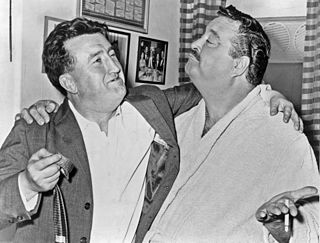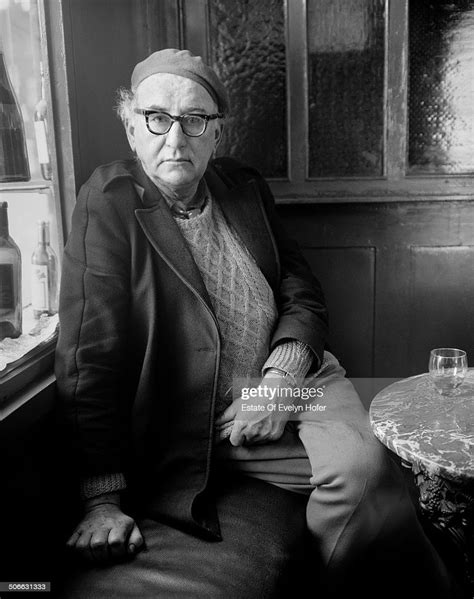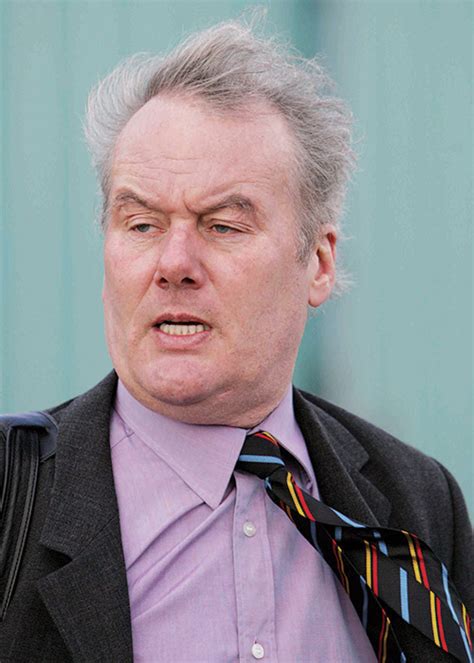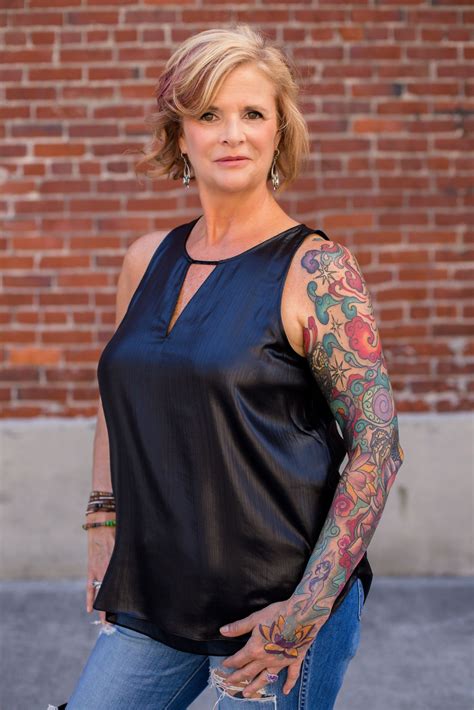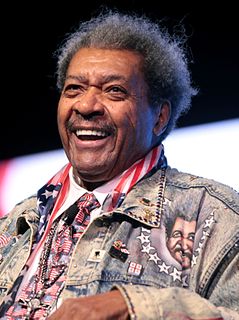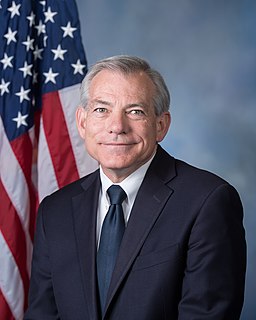A Quote by James Joyce
I've been working hard on [Ulysses] all day," said Joyce. Does that mean that you have written a great deal?" I said. Two sentences," said Joyce. I looked sideways but Joyce was not smiling. I thought of [French novelist Gustave] Flaubert. "You've been seeking the mot juste?" I said. No," said Joyce. "I have the words already. What I am seeking is the perfect order of words in the sentence.
Related Quotes
A friend came to visit James Joyce one day and found the great man sprawled across his writing desk in a posture of utter despair. James, what’s wrong?' the friend asked. 'Is it the work?' Joyce indicated assent without even raising his head to look at his friend. Of course it was the work; isn’t it always? How many words did you get today?' the friend pursued. Joyce (still in despair, still sprawled facedown on his desk): 'Seven.' Seven? But James… that’s good, at least for you.' Yes,' Joyce said, finally looking up. 'I suppose it is… but I don’t know what order they go in!
To live with the work and the letters of James Joyce was an enormous privilege and a daunting education. Yes, I came to admire Joyce even more because he never ceased working, those words and the transubstantiation of words obsessed him. He was a broken man at the end of his life, unaware that Ulysses would be the number one book of the twentieth century and, for that matter, the twenty-first.
The censors have always had a field day with James Joyce, specifically with 'Ulysses,' but also with his other writings. The conventional wisdom is that this is because of sexually explicit passages (and there certainly are those). I have always thought that what the critics hated and feared about Joyce is his cry for human freedom.
Mann and Joyce are very different, and yet their fiction often appeals to the same people: Harry Levin taught a famous course on Joyce, Proust, and Mann, and Joseph Campbell singled out Joyce and Mann as special favorites. To see them as offering "possibilities for living", as I do, isn't to identify any distinctive commonality. After all, many great authors would fall under that rubric.
She's magnificent," Radius said, smiling proudly as he vaulted the steps and followed Aphrodite. "I can think of a lot of m words that she could be. Magnificent isn't one of them," Stark grumbled. "Mental and mean pop into my head," I said. "Manure pops into mine," Stark said. "Manure?" "I think she's full of shot, but it's too many words and doesn't start with an m, so that's as close as I could get," he said.
You've been quiet these past days," Trevanion said. "Are you going to tell me what the...exchange of words was about?" "Who said there was an exchange of words?" Finnikin asked with irritation. "When a woman says 'I hope you fall under your horse' and 'catch your death, then see if I grieve you,'" Perri said, "then there's been an exchange of words." Finnikin glared at him. "In my humble opinion.
One day I was in Starbucks going through one of my books on accounting, and this beautiful young woman came up to me and said, 'My accounting book is different from yours.' Her name was Joyce, she had a background in finance and administration and ran a surgery center. Within a short time, we were married.






